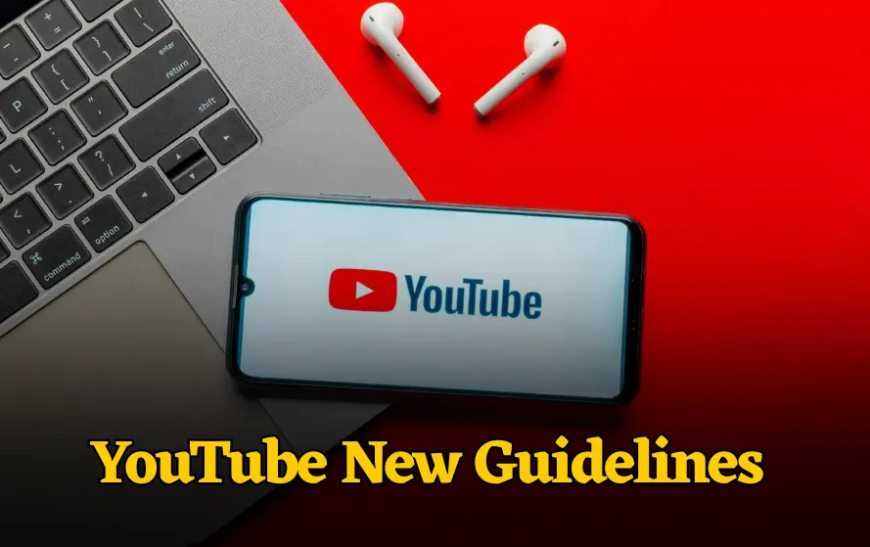Youtube and Facebook Cracks Down on AI ‘Slop’ and Spam
YouTube and Facebook are cracking down on low-quality, AI-generated spam content by updating monetization policies and promoting original, human-created posts.

Youtube & Facebook Cracks Down on AI ‘Slop’ and Spam
YouTube’s Monetization Policy Update
Effective July 15, 2025, YouTube’s revised Partner Program policy targets mass-produced, repetitive or "inauthentic" videos—often AI-generated or stitched from unsourced clips—to better filter spam and protect original creators.
YouTube emphasized this isn’t a broad demonetization of AI content—AI tools are allowed, but content must be significantly original, human-enriched, and non-repetitive.
Examples of vulnerable content include text-to-video clips, AI voiceovers over stock footage, or channels pumping out low-effort AI-generated materials.
Meta’s (Facebook) Crackdown on “Unoriginal Content”
Meta is rolling out measures on Facebook to demonetize or limit the reach of accounts reposting others’ videos, images, or text without meaningful commentary or editing.
Offending creators will lose monetization access temporarily, experience reduced content distribution, and in some cases will see links directing users to original creators.
This follows earlier Meta efforts in 2025 to take action against spam: 500,000 spam or fake-engagement accounts and 10 million impersonator profiles were already removed.
Meta clarified that reaction videos or commentary-driven shares are OK—their focus is on unoriginal, repetitive “AI slop” or copied content.
What is “AI Slop”?
The term refers to low-quality, high-volume AI-generated content, often near-spam in nature—poorly made images, videos, or text mass-produced via AI with little creative input.
This “digital clutter” has spread particularly on social platforms (e.g., Facebook, YouTube), incentivized by monetization and ad algorithms.
Why This Matters
Both platforms aim to protect original creators and restore content quality in users’ feeds.
AI-generated content that’s meaningfully transformed or used creatively remains acceptable—but mere reposts or shallow AI output likely won’t be monetized.
Expect stricter moderation and automated detection systems rolling out over the next few months.

 Ellofacts
Ellofacts 





